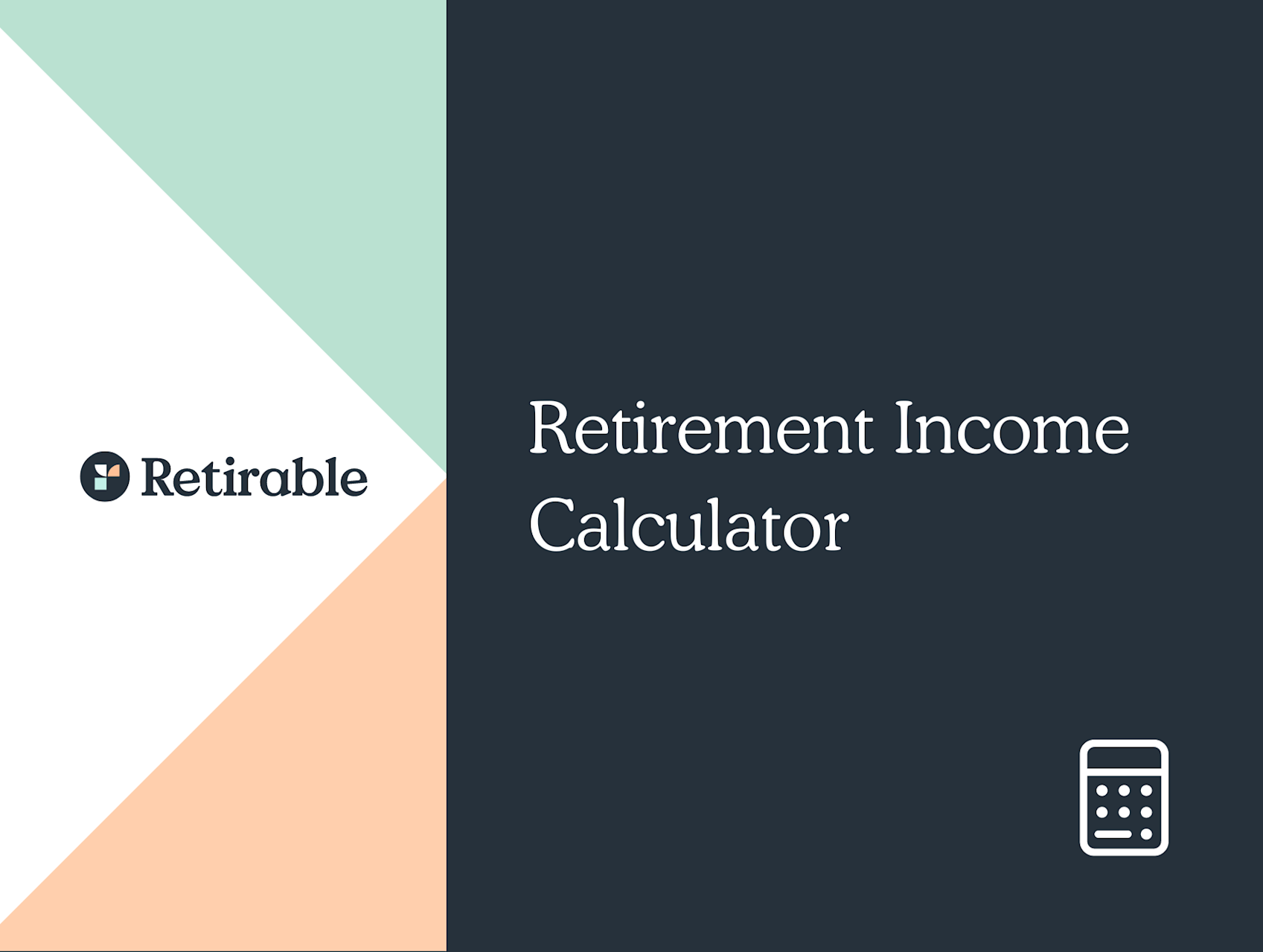Retirement Accounts
As inflation rises—and seems to show no sign of slowing down—you might be concerned about what this means for your retirement investments.

C.E Larusso
•
Published September 13th, 2022
Table of Contents
Key Takeaways
Hedging against inflation is the act of securing investments that should maintain or increase value over periods of inflation.
There are ways to mitigate the effects of inflation by hedging your investments towards assets that either match or outpace the rate of inflation.
Focus your spending on investments that will either keep pace or—better yet—yield strong returns.
As inflation rises—and seems to show no sign of slowing down—you might be concerned about what this means for your retirement investments. Luckily, there are ways to mitigate the effects of inflation by hedging your investments towards assets that either match or outpace the rate of inflation.
What Does It Mean to Hedge Against Inflation?
Hedging against inflation is the act of securing investments that will be protected despite the decreased value of currency and purchasing power. These investments should maintain or increase value over periods of inflation. Commodities such as gold and real estate are two assets that historically perform well during periods of inflation.
Questions about inflation and your retirement? We're here to help.
Schedule your FREE Retirable consultation today.How to Hedge Against Inflation
Essentially, to hedge against inflation you need to move some money from instruments whose real value may decline due to inflation into those that can produce more stable yields until inflation has slowed. The ultimate goal is to earn more (after taxes) on the investment than the inflation rate. So, if you expect 6% inflation every year, to hedge against that you’d need your returns to be at least 6.3% higher, after taxes, every year.
Hedging against inflation is difficult and unpredictable; inflation projections are not always accurate, making calculations complex. It’s always best to hire a Certified Financial Planner to help you strategize for this scenario, especially when taking your retirement into consideration.
Changes in Investment Strategy
Not all investments perform the same periods of inflation. Focus your spending on ones that will either keep pace or—better yet—yield strong returns. Bonds are the traditional go-to investment during inflation, but don’t sleep on these other options.
Treasury Inflation-Protected Securities
Considered one of the safest investments during inflation, Treasury Inflation-Protected Securities, also known as TIPS, are bonds set up with a principal that rises and falls with the Consumer Price Index. Interest is paid twice yearly on the adjusted principal. In other words, during times of inflation, that interest will be higher, and during times of deflation, it will be lower.
TIPS can be purchased with 5-, 10-, or 30-year terms. Once the term is over, you will receive the adjusted principal or the original principal; you can sell your TIPS early, though you might incur a loss.
Generally speaking, TIPS are a good move during an aggressively inflationary period, with interest rates making big jumps. Otherwise, they tend to be a conservative investment with lower returns.
Commodities
Raw materials (like oil, natural gas, precious metals, wheat, and corn) are often recommended investments to hedge against inflation. You can purchase commodities on the futures market, or via commodity exchange-traded funds or commodity stocks. The commodity market does have some volatility, so you should consider investing through a mutual fund or exchange-traded fund, both diversified investment options. Gold is a popular commodity, as its prices tend to follow inflation—you can invest in gold via an exchange-traded fund.
Stocks
Bonds typically take a hit during inflation, so it’s wise to consider reallocating some of your funds to stocks. Some may dip a bit during inflation, as investors get nervous, however others will get a boost from inflation’s rising prices—be sure to look for stocks from companies with pricing power, so they can raise prices for the consumer alongside inflation.
Real Estate
Using a mortgage secured with low rates, you’ll be locking in an investment that can hedge against inflation for years to come. Your monthly housing payment will be locked in for the length of your mortgage, which can’t be said of renting or leasing, and it’s likely that your home will only increase in value over time.
Series I Savings Bonds
Also known simply as I Bonds, these bonds gain interest through both fixed and inflation rates. If you were to purchase I Bonds before October 2022, the current rate of 9.62% would apply for the following six months, and if inflation stays high, so will the return rate. After that period, the rate could drop to zero, but this is unlikely as inflation doesn’t seem to be changing soon, and the inflation-adjusted rate is assessed by the Consumer Price Index twice per year. I Bonds have a 30-year maturity, so they will pay interest for the next three decades, though you don’t have to keep them for 30 years—just one. However, if you redeem your I Bond after one year but before five years, you’ll get hit with a penalty. There’s no penalty for redeeming after five years.
Cash
Cash won’t offer huge returns, but it stays relatively steady if inflation is met with rising short-term interest rates. Keeping some cash in a high-yield savings account, money market account, or CD is wise; six to nine months worth of cash you might need in an emergency is recommended.
How Can I Protect My Retirement From Inflation?
The best way to protect your retirement is to speak with a fiduciary advisor who can help you hedge your investments and plan smartly, despite the shaky economy.
If you haven’t lost any income, continue to contribute to your retirement plan. Your employer-sponsored plan allows you to invest your money at regular intervals. If necessary, make catch-up contributions—in 2022, anyone over the age of 50 can contribute an additional $6,500 to their 401(k) and an extra $1,000 to Traditional and Roth IRAs combined.
If financially feasible, it is wise to consider delaying your Social Security benefit payout; the longer you wait, the more your monthly payout will be, as this benefit is adjusted for inflation each year.
Final Thoughts
Unfortunately, there is no magic rule to apply to your retirement investments that will allow them to weather the storm that is inflation. To prepare for turbulent financial times, be flexible with how you invest your assets, and talk to a professional financial planner to get the best advice about which assets might even help you see a strong return during inflation. As always, diversity and careful planning is key to achieving the retirement you want.
If you want help navigating the uncertainty of today’s market, schedule your free consultation with a Retirable Advisor today. Get the peace of mind you deserve.
Share this advice

A professional content writer, C.E. Larusso has written about all things home, finance, family, and wellness for a variety of publications, including Angi, HomeLight, Noodle, and Mimi. She is based in Los Angeles.
Share this advice

A professional content writer, C.E. Larusso has written about all things home, finance, family, and wellness for a variety of publications, including Angi, HomeLight, Noodle, and Mimi. She is based in Los Angeles.
Free Retirement Consultation
Still have questions about how to properly plan for retirement? Speak with a licensed fiduciary for free.




